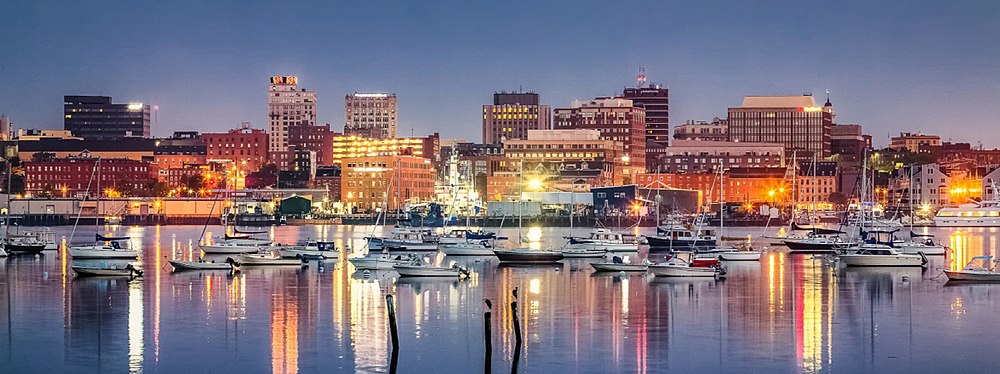Documentary Filmmaking Workshop
Video is one of today’s most powerful storytelling tools. It creates an immersive experience that connects the audience to the subject and builds empathy.
This workshop will walk you through every step of the documentary filmmaking process. From pre planning and visualization to problem solving in the field to post production and storytelling techniques, you will walk away with the knowledge you need to add video to your skillset.
On day one you will be put into filmmaking crews and given your documentary subject. As a team, you will work with your subject to plan the narrative and produce a film on site; with the support of you expert instructors.
With 8-10 students this is the perfect opportunity to gain hands on experience while receiving the education in real time. This is the perfect opportunity to add to or strengthen your skillset!
- Location: Portland, Maine
- Dates: June 23-27, 2024
- Deposit: $500 / Tuition: $2,595
Workshop Itinerary
Day One
- Introductions
- Meeting your filmmaking crew
- Prep time
- Networking social
Day Two
- Principles of filmmaking
- Crew prep time
- Faculty roundtable
Day Three
- Shooting with your subjects
- On location filmmaking and problem solving
Day Four
- Shooting pickups
- Entering the editing bay
- Happy hour and networking
Day Five
- Post-production lecture
- Group editing
- Final reception
Meet your instructors
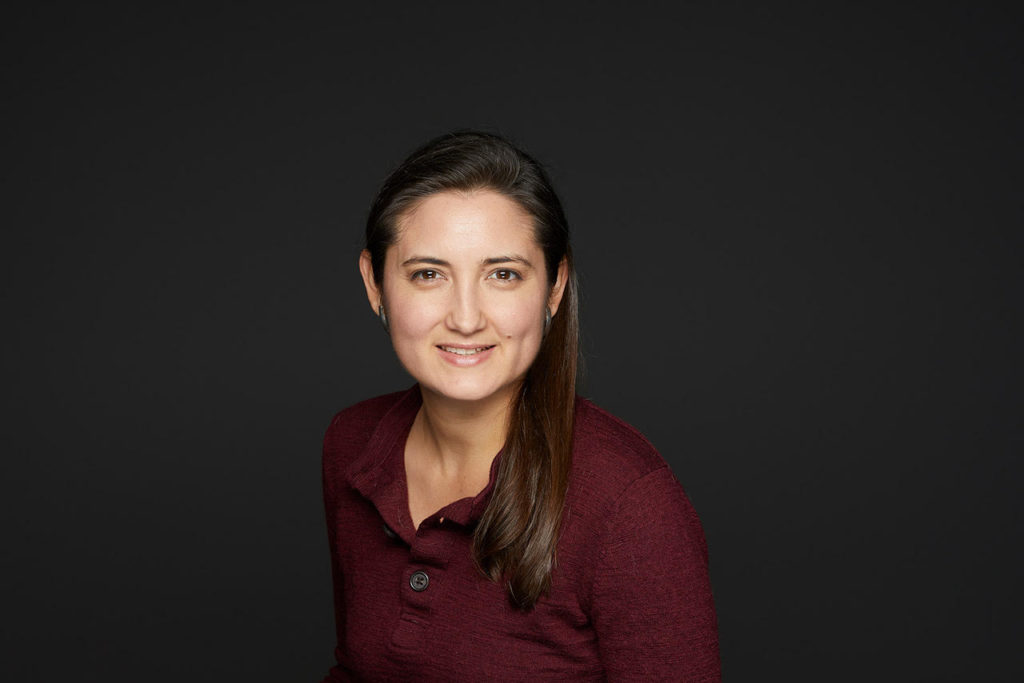
Katie Schuler
An advocate for the planet’s most at-risk species, Katie operates at the nexus between science, empathy, and storytelling. More than a decade of filmmaking across six continents has afforded Katie expertise in the field and in the editing room. Using her signature storytelling flair, Katie’s films explore how we live alongside nature, garnering accolades, accruing millions of views, and inspiring meaningful conservation victories. Her production company, Coral & Oak Studios, has partnered with many of the most recognizable names in wildlife filmmaking, including National Geographic, Smithsonian, BBC, HBO, and PBS. Katie’s film, Pangolin, is the winner of six best short awards including Jackson Wild’s 2017 Best Short category. Since its premiere, Pangolin has been translated into four languages, reaching over 75 million people while serving as an important tool for conservation. Two of her latest films, Where Life Begins, and Nigerians Fight to Protect the World’s Most Trafficked Mammal, have won awards at festivals in 2019. Katie is a National Geographic Explorer, a graduate of the Corcoran College of Art and Design, a Henry Luce Fellow, and a member of the International League of a Conservation Photographer’s Emerging League.
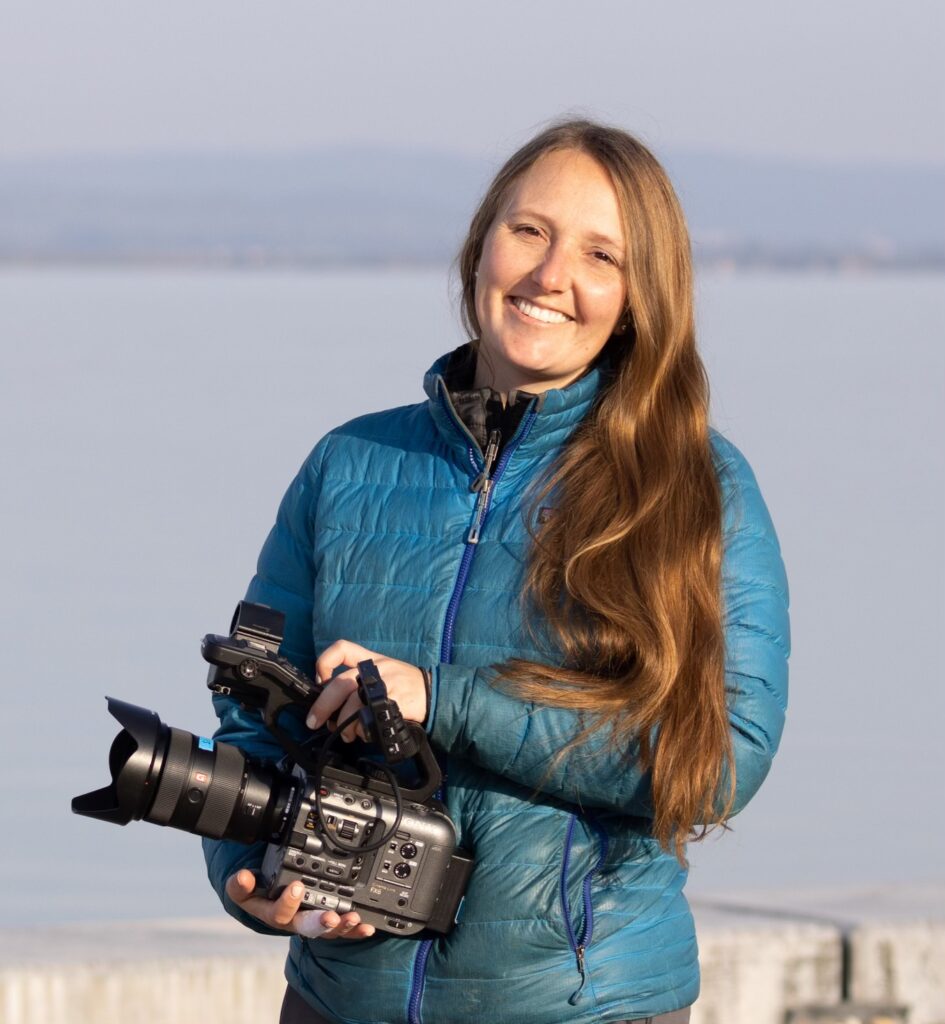
Callie Broaddus
Callie is a Washington, DC-based conservation photographer and filmmaker dedicated to connecting storytelling with direct impact for nature. After 7 dream-fulfilling years at National Geographic Kids, Callie founded Reserva: The Youth Land Trust, a nonprofit empowering youth to conserve threatened species and habitats around the world. Since that time in 2019, her work has focused on the Ecuadorian Tropical Andes, where her team worked with partners to create the world’s first entirely youth-funded nature reserve. Callie is an experienced expedition leader, and her expeditions have uncovered dozens of new species to science and contributed to ongoing struggles against gold mining in the region. Her work has been featured by the Washington Post, UN Climate and Biodiversity conventions, and on film in the new series, “WILD HOPE,” by HHMI Tangled Bank Studios and Part2 Pictures with Wild Elements. Callie was a 2022 Jackson Wild Media Lab Fellow, a 2019 UN Global Youth Video Competition winner, and a 2021 awardee of The Explorers Club. As a passionate advocate for collaboration in conservation, she serves on the Rainforest Trust Council, Cool Earth Advisory Board, Exploring by the Seat of Your Pants Board of Directors, Whitley Fund for Nature NextGen Committee, and the Bull Run Mountains Conservancy Board of Directors.
How does this...
...become this!
create a documentary film from start to finish
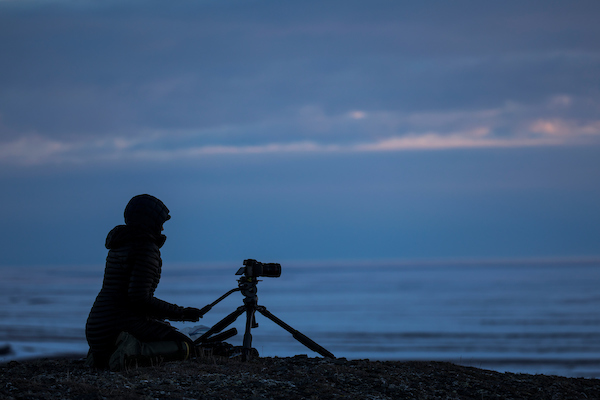
get to know your subjects and outline a narrative
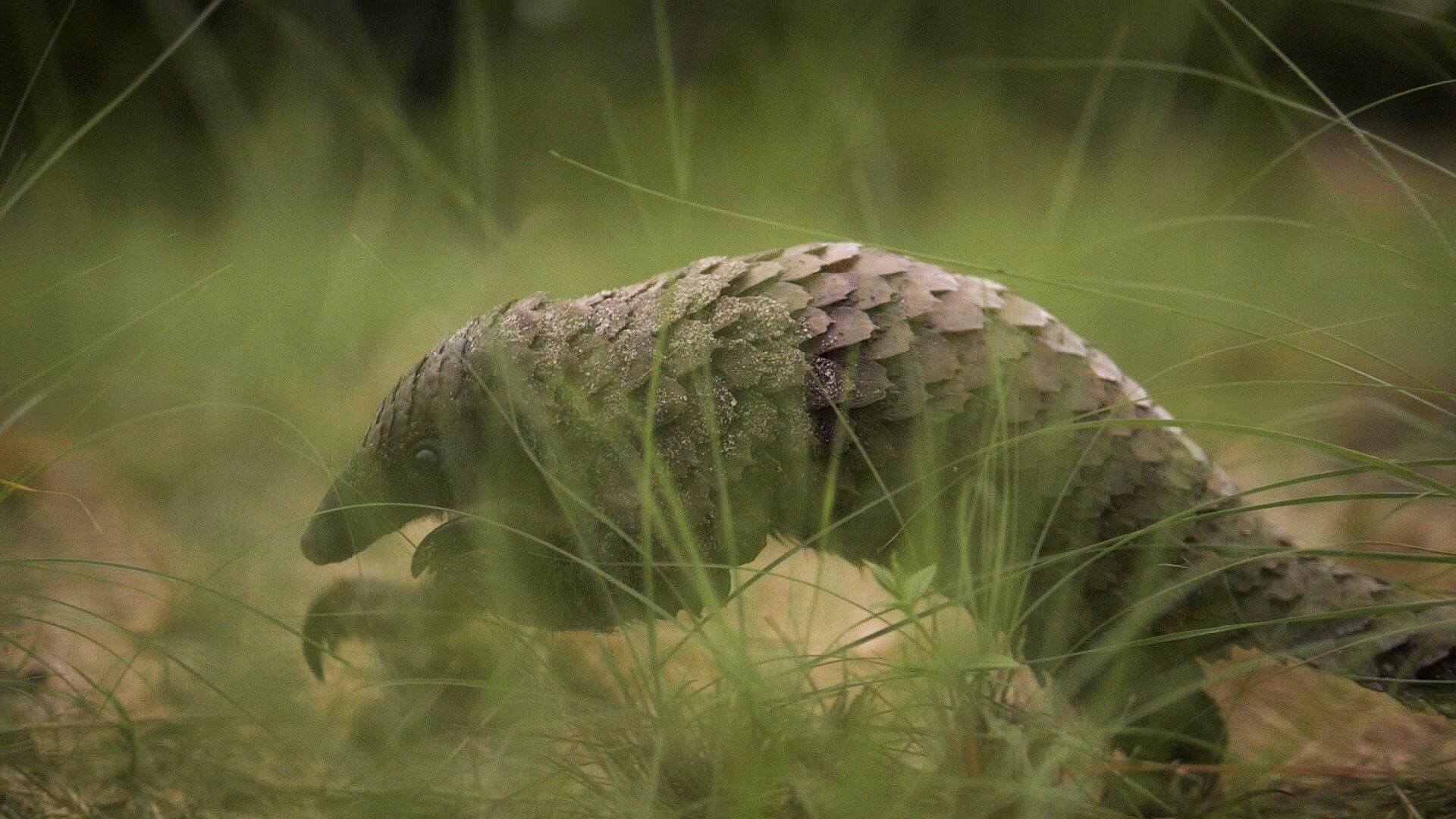
Film techniques, problem solving, and maximizing field time
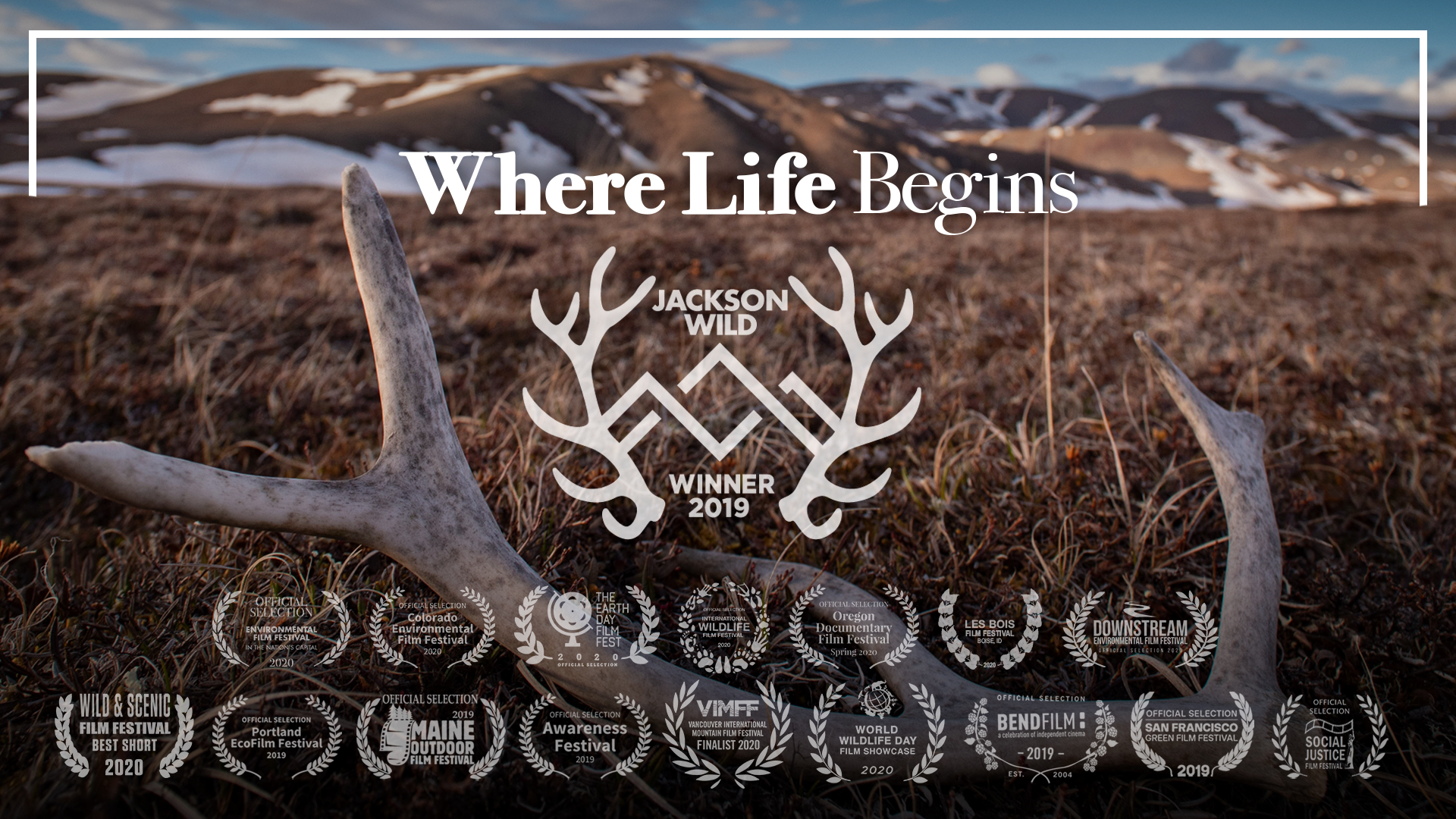
editing, sequencing, music and sound usage, and more post-production magic
